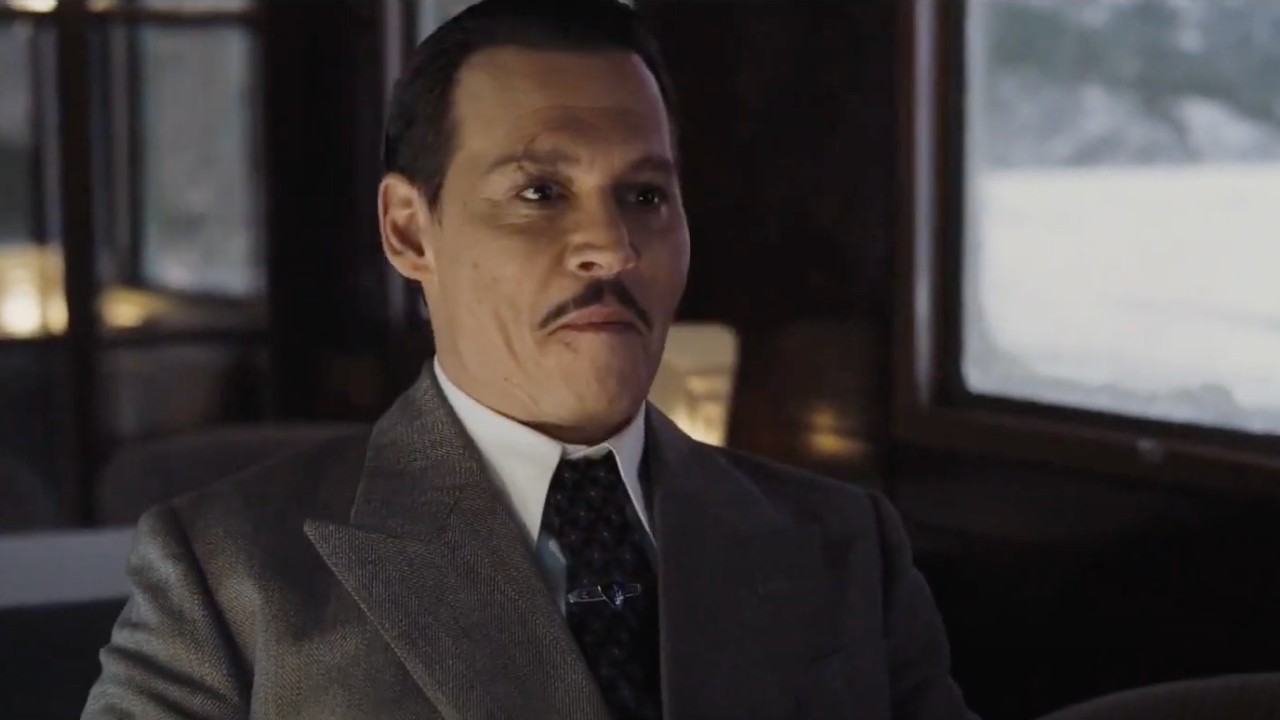There was a time when you didn’t have to wear spandex to be a hero. An era when all you needed was a brain, a gun, and a whole lot of attitude. Spy movies ruled the 60’s and 70’s, back when we KNEW who the bad guys were without getting mucked up in questions of oppression and motivation. Point them at their targets and let them go, spying was a glamorous and gutsy profession.
Now, our world is much more complex, the enemies much more gray. Bourne Identity is a clear product of that gray area, but somehow still harkens back to the good old days when a spy was still a spy.
Inspired by a Robert Ludlum novel, The Bourne Identity is the story of a man without a past. Found floating in the ocean on the verge of death, Jason Bourne (Matt Damon) is nursed back to health by the crew of a fishing trawler. He may not remember his past, but he has a plan for the future. Armed with an impressive array of talents he uses without remembering how he acquired them, Bourne sets out to track down his identity, quickly becoming embroiled in an international game of cat and mouse with the best of the best CIA super-spies.
The Bourne Identity opens as a film both beautiful and cold. Damon’s character wanders the decks of his rescuing ship and then the streets, banks, and hotels of Europe in a splendidly drab world of opacity. At times, it seems to almost intentionally steal scenes from those late 60’s spy flicks to which it so obviously harkens. But even though we’ve seen it all before, the work of director Doug Liman and the dead pan, underplayed work of Damon give it a fresh new perspective that makes it all forgivable.
This continues, even when Bourne, out of desperate necessity is paired with an equally underplayed love interest, portrayed by Franka Potente. Her cold demeanor adds to the grays of the film itself, making moments of real terror, heat, and lust stand out by such stark, natural contrast that their intensity is increased twofold. Even the gratuitous insertions of burgeoning super-star Julia Stiles into various aspects of the plot fails to derail the deliberate and contrasted tone set by the film.
The answers Bourne uncovers aren’t rosy, nor is the way out. But Liman smartly weaves it all together into a lean, mean flick that deftly balances action and interlude in a never-ending dance of questions and answers. Franka Potente’s character, Marie gives Bourne something to live for and gives the film a life beyond a simple quest for identity. Driven by a gritty, base ridden, yet understated score, the film becomes more than just a connect the dots mystery and evolves into a quest for happiness.
Despite being smart and well crafted, it’s doubtful The Bourne Identity will ever move far beyond the land of summer entertainment in the minds of the masses. It’s great to watch, but still easy to forget amidst a host of other, less well made, and certainly less interesting spy thrillers which flood the mass media.
The Bourne Identity stands tall above the rest of it’s genre, but not tall enough to be remembered in the weeks and months ahead when the next 10 or 20 such films are shoved into theaters without half the intelligence of Bourne Identity behind them. Still, Bourne Identity’s lovely shades of gray pay dividend to anyone looking for the long lost world of spy vs. spy entertainment.
| Row 0 - Cell 0 | Row 0 - Cell 1 |
| Row 1 - Cell 0 | Row 1 - Cell 1 |
| Row 2 - Cell 0 | Row 2 - Cell 1 |











